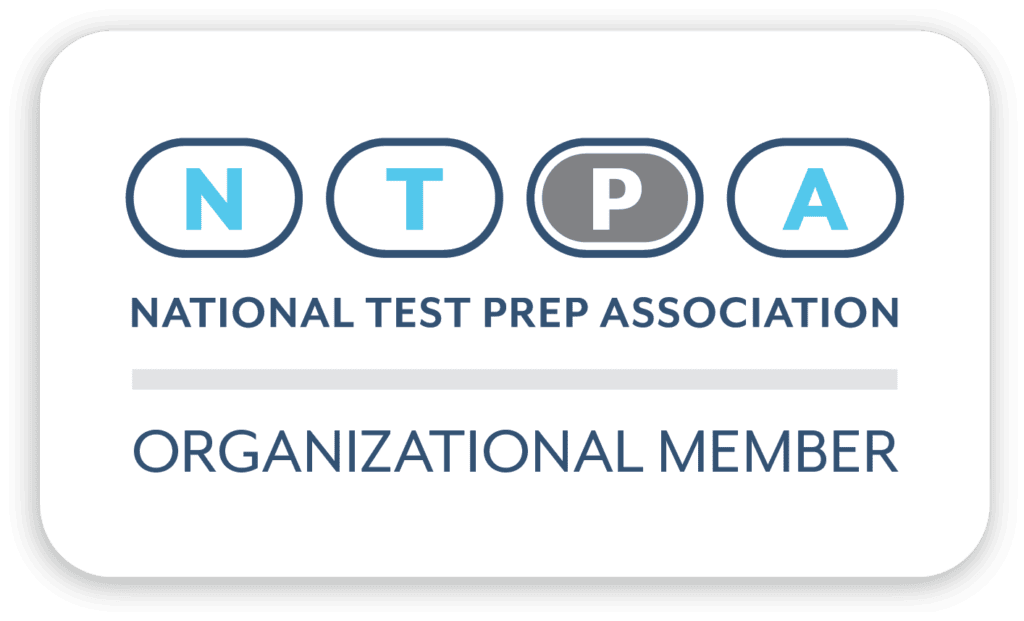How many times have you heard the phrase “students should take a rigorous course load”? College admissions officers and advisors will often recommend that students take the most rigorous course load that they can handle. But what does a “rigorous course load” really mean? And how rigorous should a student’s schedule be? We spoke with Meredith Principe of Campus Bound about the concept of rigor – and how your student can build a rigorous course load to set them up for success.
What is Rigor? And How do Colleges Evaluate Rigor?
Course rigor, also known as the strength of curriculum, refers to a student’s academic narrative. Quite simply, it refers to the challenge of courses the student takes. The more challenging the classes, the more rigorous the course load. Course rigor simply means the course is generally challenging.
In many situations, Ms. Principe points out, we talk about rigor in terms of higher level courses, like AP courses. Universities will carefully examine a student’s entire curriculum over the course of their high school career and look for trends; for example, whether the number of challenging courses has gone up or down – or stayed the same.
“One piece that’s really important to know when colleges are looking at a student’s curriculum is that they always look at it within the context of what is offered at that high school,” Ms. Principe says. In other words: there’s no one clear-cut answer to understanding rigor.
Admissions officers understand that each high school is different, and so they will weigh a student’s course load in the context of that student’s high school. Furthermore, a college will never penalize a student for not being able to take classes that their high school does not offer, Ms. Principe says. So if your student’s high school offers 3 AP classes, and they’ve taken all 3, then they have taken one of the most rigorous course loads available.
Choosing Classes With Your Student
How do you pick rigorous classes, then? Choosing the right balance of classes is its own art. You need to consider difficulty, grades, scheduling, and balance, as well as a student’s long-term goals. Some students can take two AP courses and get into a very competitive school while others can take six and get rejected from a school that seems well within their reach.
Why? Well, for many selective schools, it’s important to take the most rigorous curriculum available within your school. If you are home schooled, for example, or your high school does not offer certain AP courses, that’s something the college admissions officer will consider as well. However, it is worth noting that you can take AP classes online.
What colleges really look for are students who excel in the opportunities available to them. So when you start thinking about course load, start with your current schedule. What classes are you taking now? Are they challenging for you? Consider how much time you put in to earn your grades. Are you happy with the results? If you are, consider seeking additional challenges. But if you’re struggling to keep up, don’t pile on more responsibilities that will make it harder for you.
Don’t make a decision about curriculum just because of college admissions, Ms. Principe says. “It does not do you any good to take challenging classes and do poorly in them.”
Where – And Where Not – to “Push”
Deciding on your course load is perhaps one of the most important decisions you make in high school. A robust course lead can help your application stand out in the admissions process. And one of the biggest factors? Understanding when to push for a more challenging course load – and when not to push.
Before you think about rigor, think about passion. Which classes does your student love? And which subjects come naturally to them? It is important to consider their natural strengths and challenges as well as their interests and trajectory. For example: taking a much more difficult AP physics course might be too much of a challenge for a student who has consistently achieved B- or C grades in their science and math courses. But that same student might be earning consistent A grades in English and therefore may be ready to jump into AP English Literature.
It is also important to think about the overall workload when adding rigor to a student’s course load. That includes the classes they take as well as their extracurriculars. Does your student spend three hours after school doing an organized sport or volunteering? How much time do they then spend on homework? These are questions that you and your student must consider when deciding whether taking on extra rigor – and the studying and homework that accompanies it – even makes sense.
While we often think of APs as a clear indicator of rigor, honors classes are often a student’s first opportunity to take on advanced coursework. An honors course early in a student’s high school career is a great opportunity to see how they respond to a more demanding academic environment. It can also be wise to start off with one AP class to help your student develop the skills and study habits that are required in these classes so that they are primed for success when they add to their course load.
Grading: An “A” in an Easier Class, Versus a “B-” in a Difficult Class
Many families and their students wonder if it is better to thrive in an easier class or get by in a harder class. Ideally, of course, it’s best to have an A in a difficult class, but that is not always a reasonable expectation.
As a general rule, think about a one grade differential. If your student can get an A in an easy class or a B in a harder class…take the harder class. However, if they think that they can only earn a B- or a C+ in the harder class, it is better to take the easier class and get the A. Ms. Principe recommends no grades under a B- overall in order to present a strong and sensible transcript to colleges.
Should a Student’s Desired Major Influence the Classes They Take?
Does your student envision a certain career path or major? Those who are very clear about what they want to study can be wise to narrow their focus and zero in on their goals. However, most colleges are hoping that students will use their time in high school to build a broad base of academic experience.
“Most colleges do not prefer students to specialize too much in high school,” Ms. Principe says.
There are exceptions to the rule, though. For example, if you plan to pursue engineering or business at a specific school within the college (like the university’s College of Engineering, for example), admissions officers will look for certain courses. If engineering is your passion, colleges will look for the highest level of math possible, and if your high school offers a certificate in engineering, it is worthwhile to pursue it. The same is true for business – which often means taking calculus, and not statistics, as Ms. Principe points out.
In most cases, though, universities want you to come to college with a broader range of academic knowledge and skills and then hone in on a specialty during your time there.
Key Takeaways
Preparing for the college admissions process starts long before you apply for college. In fact, it starts in high school with the simple act of choosing courses. When planning a rigorous course load, it’s important for a student to push themself – but not too far.
If you and your student are seeking help with the college admissions process, from picking classes to choosing schools, reach out to our partnered college counseling professionals for smart and effective guidance.






